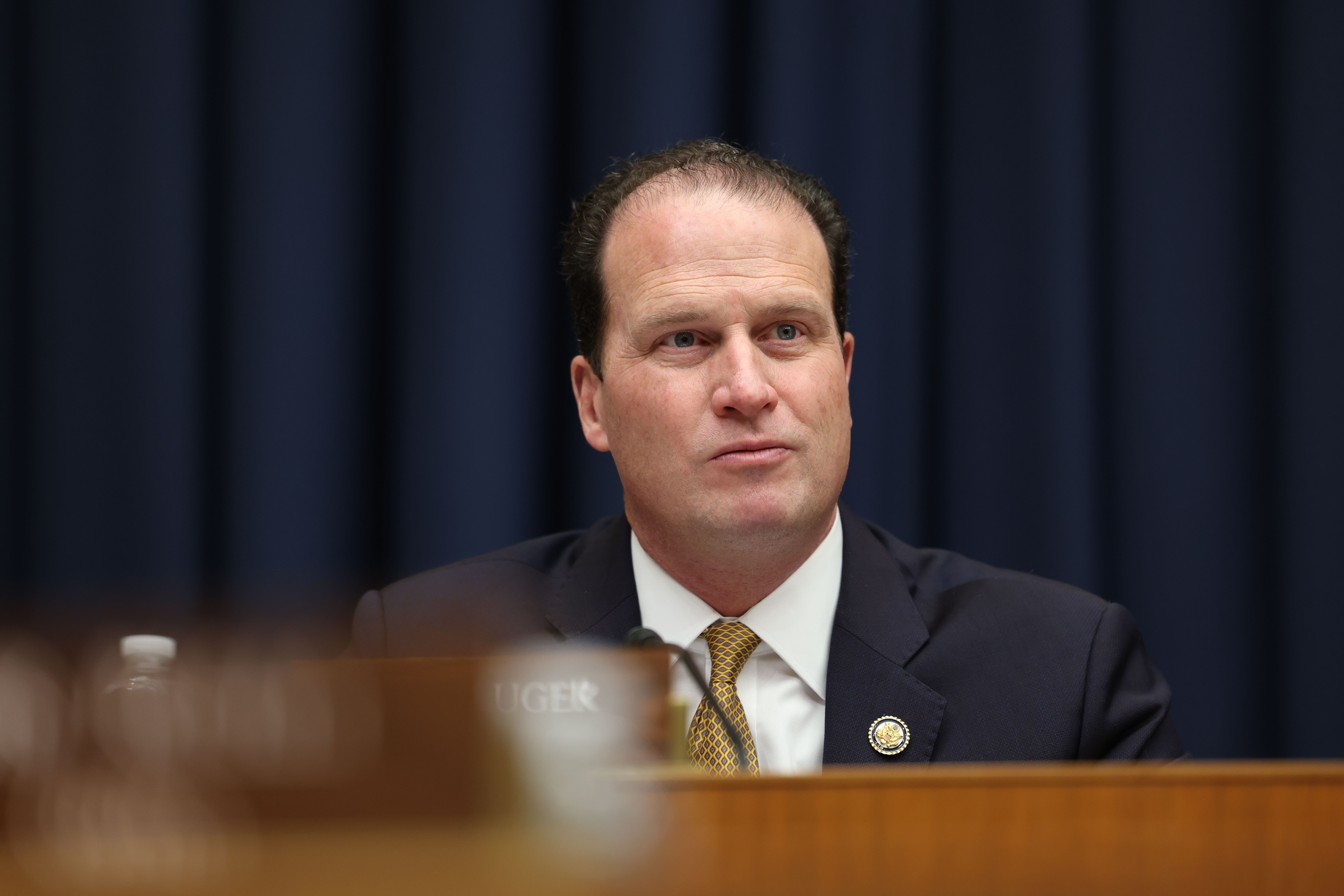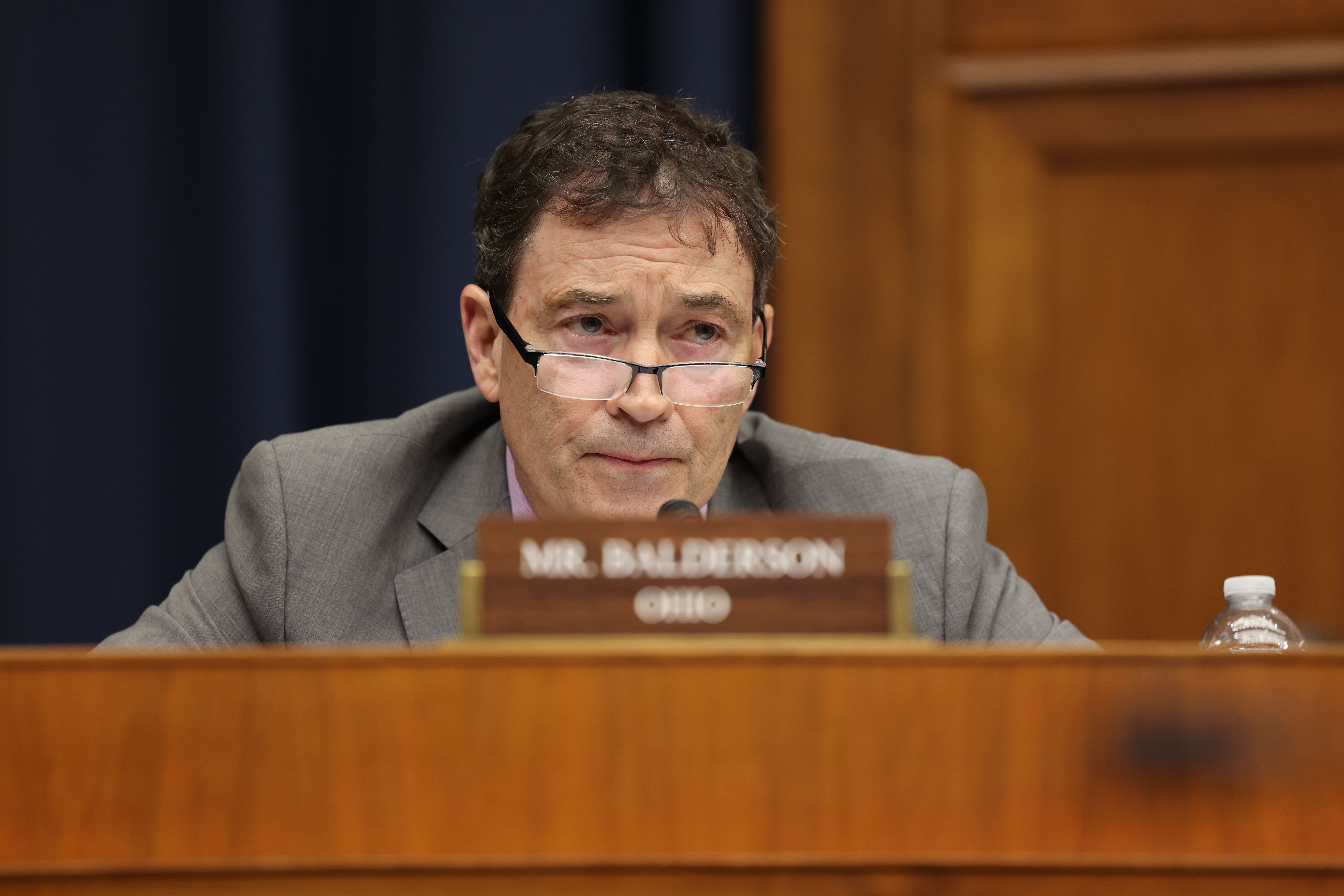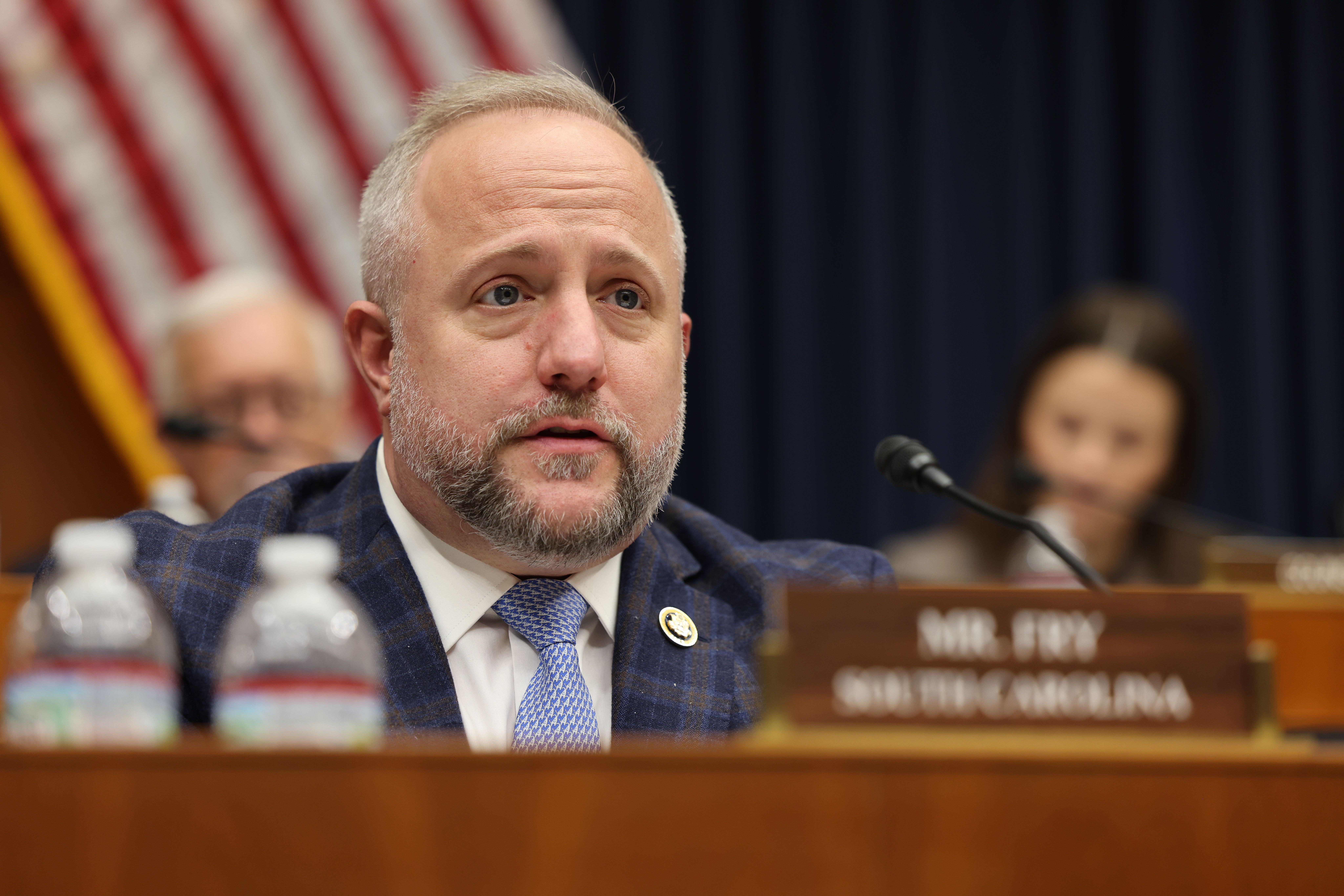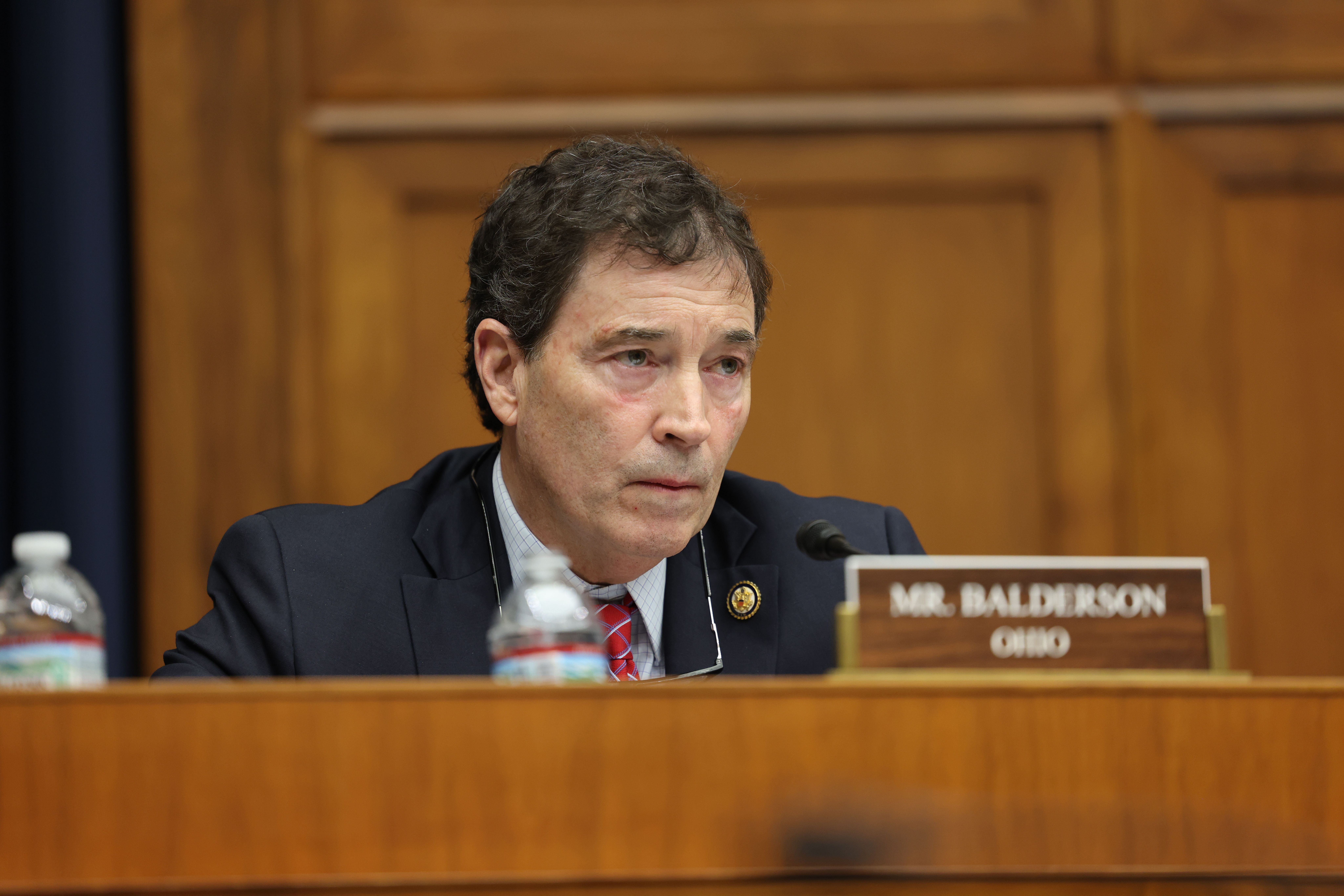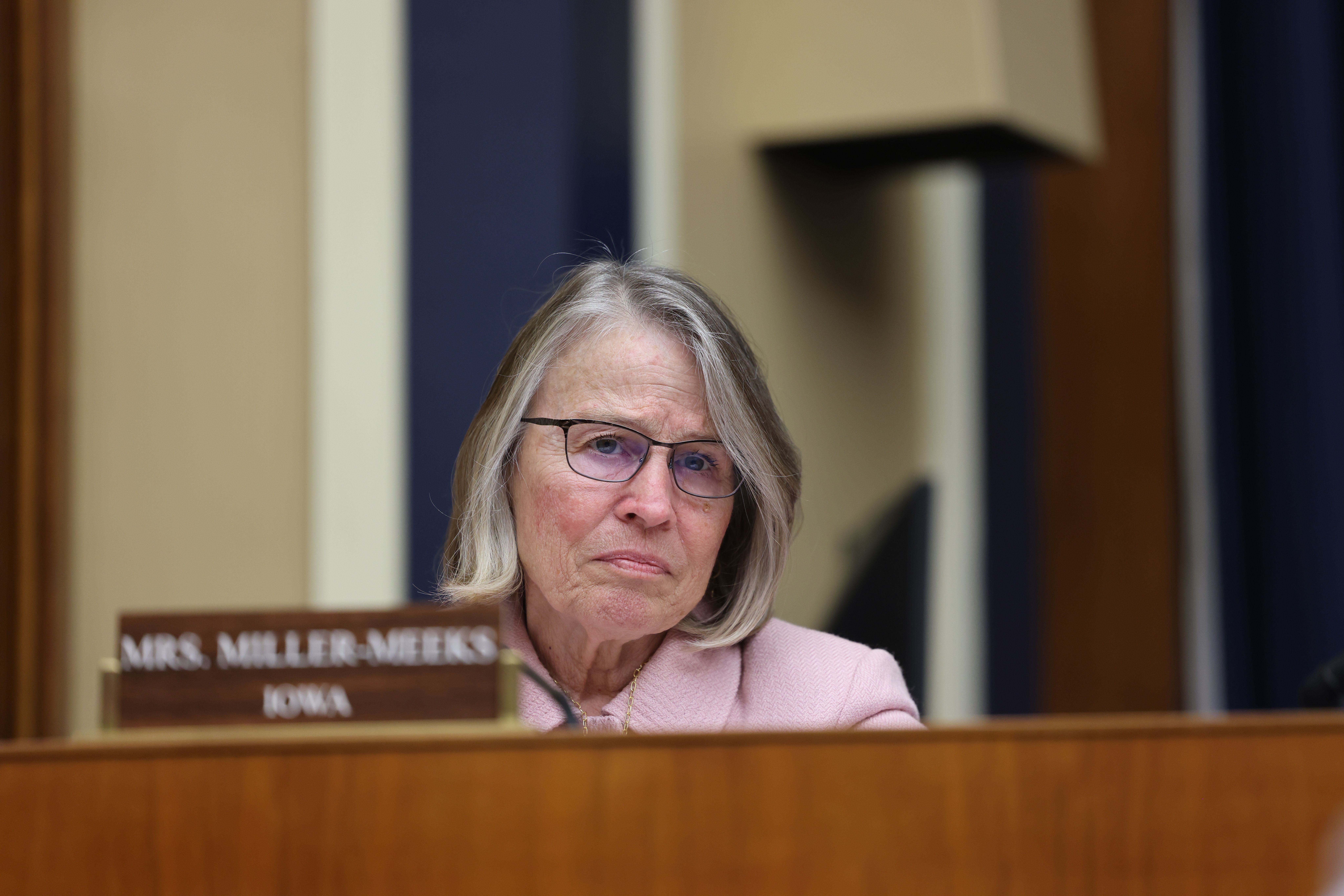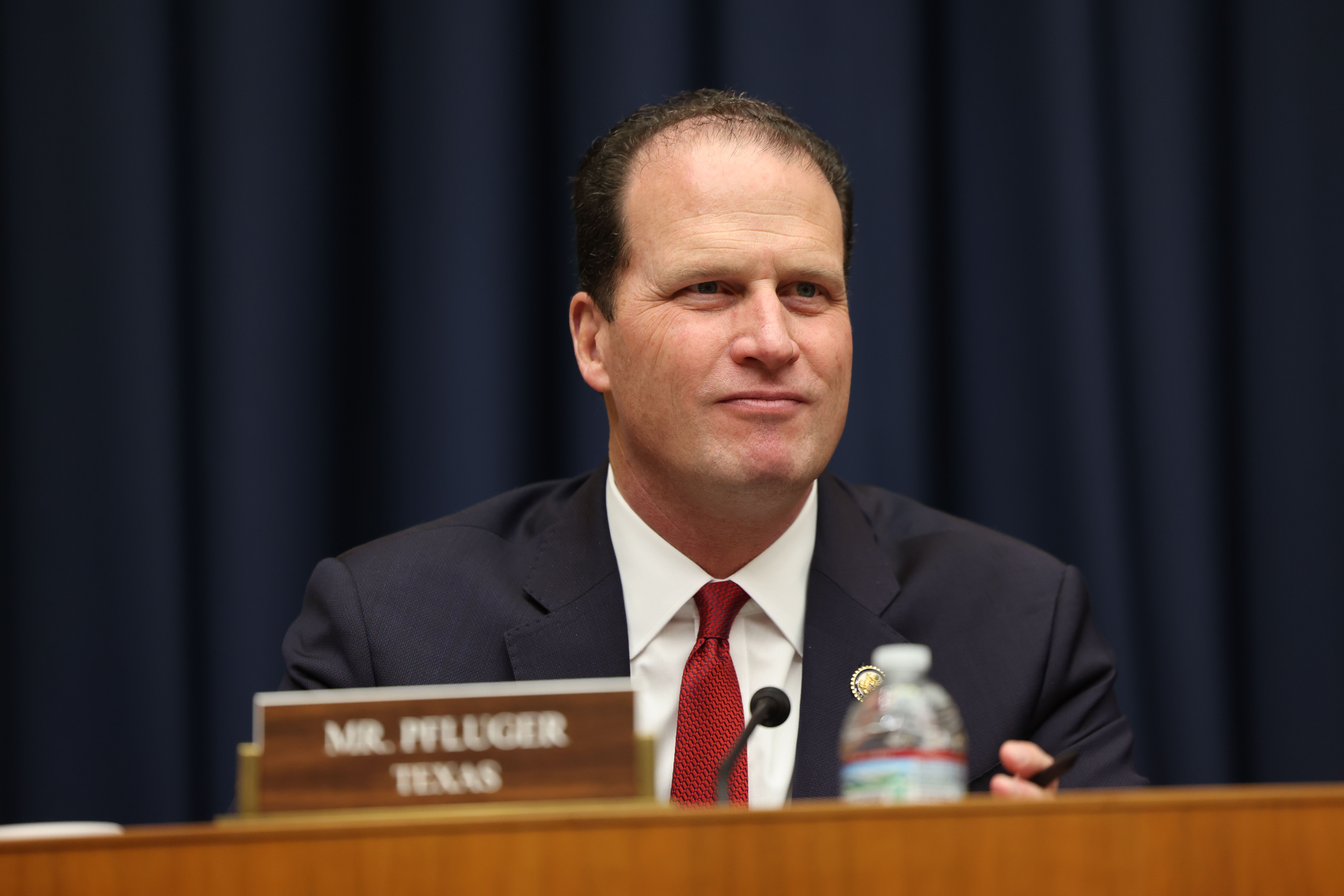Subcommittee on Energy Holds Hearing on the Oversight of FERC
WASHINGTON, D.C. – Today, Congressman Bob Latta (OH-05), Chairman of the Subcommittee on Energy, led a hearing titled Oversight of FERC: Advancing Affordable and Reliable Energy for All Americans.
“Now, as our nation stands at the precipice of substantial change in the global economy, it is imperative for FERC to remain steadfastly focused on their core mission in order to fuel technological advancements and stabilize the bulk power system to keep the lights on,” said Chairman Latta. “Winning the AI race, reshoring manufacturing jobs, and lowering energy costs are not mutually exclusive. When done properly, research continues to show that the growth of large energy users like data centers and manufacturing facilities can help stabilize the grid and make electricity more affordable.
Watch the full hearing here.
Below are key excerpts from today’s hearing:
Congressman August Pfluger (TX-11): “How is FERC working with states that block pipelines? And how are you balancing the affordability mission when you have states like New York that actually kill pipeline projects?” Chairman Swett: “That is a 100-billion-dollar question. Effectively, under the regime that Congress has created, and the Clean Water Act, states have the ability to veto a project if they do not give a certification, and that is a problem that FERC simply cannot work around. If Congress saw fit to change that, we would be happy and ready to implement any directives.” Mr. Pfluger: “Is it your belief that having those pipelines in the capacity to deliver that natural gas lowers prices?” Chairman Swett: “Well, I think as you very wisely stated at the beginning of your comments, the proof is in the pudding. The fact that areas that don’t have enough gas are paying maybe 300 times what they should, as you said, is unacceptable. That is not a just and reasonable rate for Americans.”
Congressman Troy Balderson (OH-12): “When opponents claim that LNG exports raise domestic prices, they ignore the factors that actually increase natural gas costs for consumers, such as the lack of pipeline capacity during the storm. Regions with pipelines to deliver natural gas had significantly lower prices than areas with constrained capacity. In fact, on January 26, 2026, the Monday after Winter Storm Fern, Northeast winter gas prices were up 2.4 times higher than the Appalachia supply. FERC has taken important actions to address constrained pipeline capacity, like repealing Order 871 and examining cost thresholds for blanket approvals. Can you discuss what other action FERC is considering taking to expedite the construction of needed energy infrastructure projects? And how will these actions help deliver affordable, reliable energy to our constituents?” Chairman Swett: “Thank you for the question. I also am very concerned about Northeast prices, and one thing that was really shocking for me coming out of the storm was that, in the Northeast during Fern, 40 percent of generation came from fuel oil or diesel, and that’s simply because we don’t have enough gas infrastructure to bring gas to New England. So, I fully agree with you. That’s why we are looking to, wholesale across the board, take a hard look at our permitting actions. And when it comes to pipelines in particular, we are trying to streamline our NEPA process.”
Congressman Russell Fry (SC-07): “Chairman Swett, the Seven County [Infrastructure Coalition v. Eagle County] Supreme Court decision was remarkable in a way, because it was won unanimously. So, in a body like ours that oftentimes has several different ways to view any particular issue, when you see a unanimous Supreme Court decision, it kind of raises your eyebrows a little bit. The Court held that courts should—afford substantial deference to an agency as to the scope and contents of an environmental impact statement. How has FERC changed its NEPA practice in response to the Seven County decision? And to piggyback on top of that, what is left to do to come in line with that decision?” Chairman Swett: “Thankfully, the Seven County decision allowed FERC, in my opinion, to realign our emissions analyses with our statutory responsibility as a primarily economic regulator charged with encouraging the development and plentiful supply of natural gas at reasonable prices, per Congress’s instruction. So, what that means, when the rubber hits the road, is now we no longer analyze the indirect emissions from upstream production or downstream combustion.”

